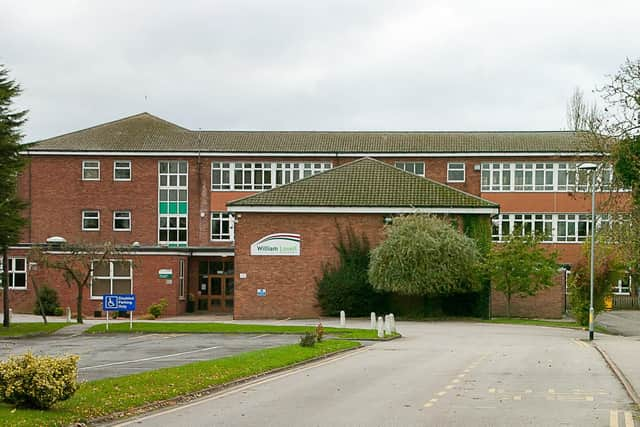Boston area school rated as 'requires improvement' by Ofsted despite its 'rapid improvements'


The quality of education at the William Lovell Church of England Academy, in Stickney, still needs improvement, according to Ofsted.
The education watchdog inspected the school – part of the Lincoln Anglican Academies Trust - on October 10 and released their report yesterday (Tuesday).
Advertisement
Hide AdAdvertisement
Hide AdWhile the overall rating has not changed in the four years since it was last inspected in May, 2020, there have still been some notable improvements, with the inspector stating the school has “rapidly improved”.
Back in 2020, all four areas of ‘overall effectiveness’ – quality of education, behaviour and attitudes, personal development, and leadership and management - were graded ‘requires improvement’.
But this year, all but one received an improved ‘good’ rating. The ‘quality of education’ is the area still deemed to be in need of improvement.
An excerpt from the report reads: “Despite the improvements to the curriculum, many pupils still have gaps in their learning that are not addressed well enough. Pupils do not always remember what they have learned. Many do not achieve as well as they could.”
Advertisement
Hide AdAdvertisement
Hide AdWhile the inspector notes that “the school has worked hard to develop the curriculum to meet the needs of all pupils” – they add that “in a small number of subjects, the curriculums are not planned well enough."
The report goes on: “The school does not ensure that teachers consistently present new knowledge in a way that helps pupils make links to what they have learned before. In these subjects,
pupils do not reliably remember what they have learned. Routines for checking what pupils have learned are not strongly embedded in the school. Staff do not quickly identify when pupils have gaps or misconceptions. They do not always give feedback that helps pupils to deepen their understanding.
"Sometimes, lesson activities do not meet the needs of all pupils. When this happens, some pupils become disengaged. Occasionally they disrupt the learning of others.”
Advertisement
Hide AdAdvertisement
Hide AdHowever, the school was praised for the support it gives pupils with special education needs and disabilities (SEND), for preparing pupils well for life in modern Britain, and for its “well-planned programme for personal, social and health education (PSHE)”.
The report also notes: “Staff are proud to work at the school. They work together to create a positive environment for pupils to flourish. The school has improved rapidly. Pupils and parents recognise this.”
Lincolnshire World has approached the school for a comment.